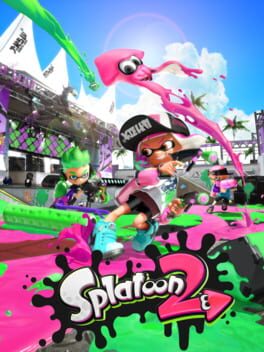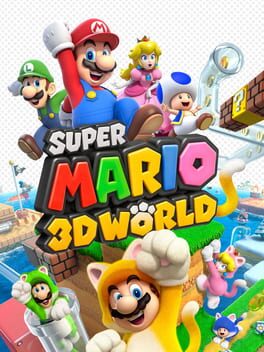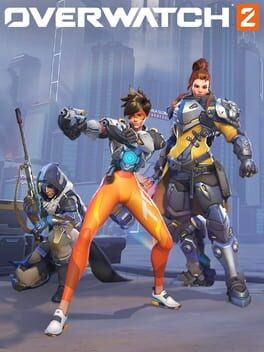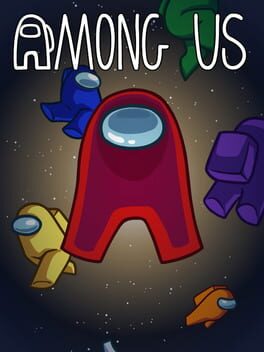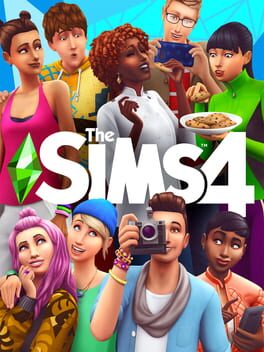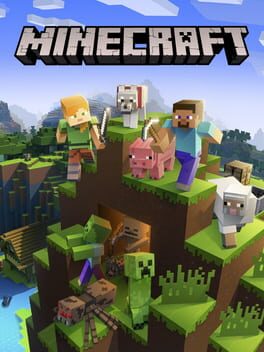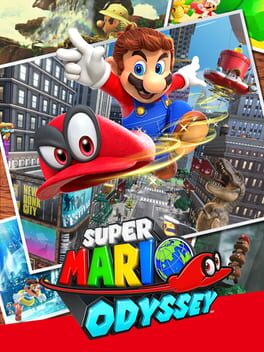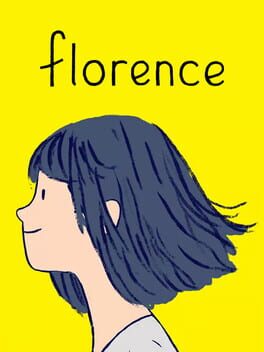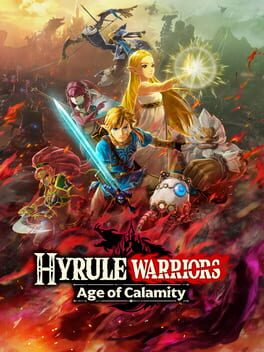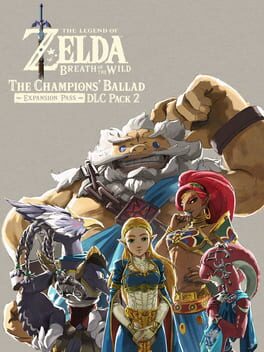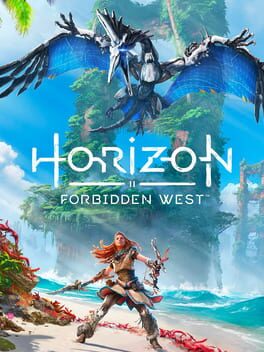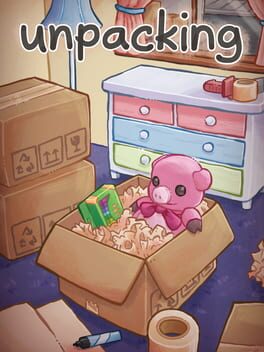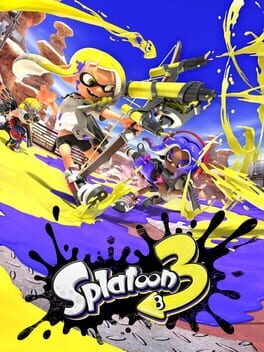gabrielcrem
2017
Splatoon 2 feels more like a necessity rather than a worthwhile sequel. The original had so much potential to be a hit but was deserted on a failed console, so it makes all the sense in the world to port it to a more sucessful platform - and I see the title as a selling point rather than actually being a sequel. Although not much is new, what is manages to be entertaining; the new game mode is a cool concept and the Octo Expansion truly feels unique. Unfortunately, everything else new feels more like a mandatory iteration needed to be able to brand the title as a sequel.
2019
For my entire playthrough of A Short Hike, I kept thinking to myself "this is an indie Breath of the Wild" - the game has the same creativity and hands-free approach to design that BotW had, and thrives with that. The way the world crafts the story is also impressive, and leads to a beautiful conclusion. A minor issue I had was the lack of a map, though even then I completely understand why it isn't there.
2013
2022
Before its release, Overwatch 2 seemed like it could be exactly what I was looking for. I really liked the world of Overwatch but wasn't willing to spend $40 on a multiplayer only game, and the campaign of OW2 impressed me. The game ended up practicality being a refined version of the original without any single player campaign.. The first half of that statement isn't at all a bad thing - Overwatch 1 had great gameplay and I prefer 5v5 as opposed to 6v6, but that and a DOWNGRADED in-game monetisation isn't at all enough to be labeled as a sequel.
2018
Among Us is so clever, and is so fun when everyone is playing together.. when it works. The game is filled with so many bugs that prevent some people from even playing at all, leading to Among Us being such an inconvenience to set up that it sometimes isn't worth it. The UI is so much better than it was at launch though.
2014
Just like so many others, I had a Sims phase a few years back... a phase that didn't last very long after I realised just how greedy EA is. The base Sims 4 experience is bland and baron, however (from what I've heard) its overpriced DLC's are massive and content filled. It is great that the game is free now, however for the price it previously was, I would consider The Sims 4 a scam and would recommend anyone interested to buy a previous entry.
2011
Minecraft's significance to my personal life is surpassed by no other game. I have so many memories playing this game from childhood to adulthood, and I will never take that for granted. The core concept of Minecraft was so unique for its time, and for a decade was concistently improved. Nowadays however, Minecraft's updates lack proper themes and seem to act as filler to gain income rather than actual implementations of features created with the intentions of improving an already finished title.
2020
Cyberpunk 2077 has so many elements that stand out as industry leading, whilst others feel like a game from a time long past. It has some of my favourite 'lore' in any game. Its world and characters are so fascinating and the way that the game tells it works excellently. The soundtrack is a highlight of this game for me, as it undoubtedly feels like something from the far future. The core shooting is tactile and works, but any other combat, the driving, and many NPC interactions feel stiff and janky.
2017
Super Mario Odyssey is the perfect example of mindful. Every element feels like it is made with the intention of being enjoyable yet grounded and interesting. The capture mechanic is used to the max and never gets old, and the major Kingdoms are well designed. Some Kingdoms, however, clearly have so much potential but are under-utilised or made for the sake of an in-between in the story.
2018
The idea of a BotW prequel based in the calamity is amazing, and although Age of Calamity doesn't directly deliver that, its adaptation of the story is commendable. The hack and slash gameplay suits this world very well, and it borrows enough elements from other Warriors and Zelda games to make the core game function well. As most Warriors games do (from what I've heard) Age of Calamity struggles with both repetition and performance issues, which are extremely prevelant, particularly in the latter half of the 20ish hour campaign.
The Champions' Ballad's biggest accomplishment is what the base game struggled with the most - the story. It's nice to have context about the Champions and their relationships with Link. Outside of the story, The Champions' Ballad struggles with rehashed content (shrines, divine beasts) which isn't something I was hoping to see from a DLC for a very long game. The post game content, puzzles, and bosses however thrive as a result of being DLC, and I believe they provide some of the highest highs in the "Wild" duo-logy.
Horizon Forbidden West's gameplay evolution in comparison to its 2017 predecessor is incredible. Climbing, paragliding, swimming, refined skill trees, enhanced combat, and more travel choices all stand out as drastic improvements and although not new for the industry, do feel like a necessary modernisation for the franchise. Horizon Forbidden West struggles with an issue that many modern sequels have, that being a larger story scope with the same length. Everything feels crammed in or out of place, and frankly, the game's story could (and maybe should) have been split into two instalments.
2021
2022
Splatoon 3 is another incremental sequel in the franchise, but unlike its predecessor, serves very little purpose as a unique product. Yes, Splatoon 3 is quality and is the best game in the trilogy, but how much does saying that really matter when it is clearly so similar to Splatoon 2 that released half a decade before it. The single player campaign did entertain me, and the lore of these games have always been fascinating to me, but outside of that it doesn't feel very unique when compared to the Octo Expansion. Outside of the undeniably incredible new lobby, the multiplayer changes are interesting, however don't feel superior to what came before it, rather just different. I am honestly of the belief that a third Splatoon game would have benefited being reserved for a new system, but Splatoon 3 should still be entertaining for hardcore fans and newcomers.
